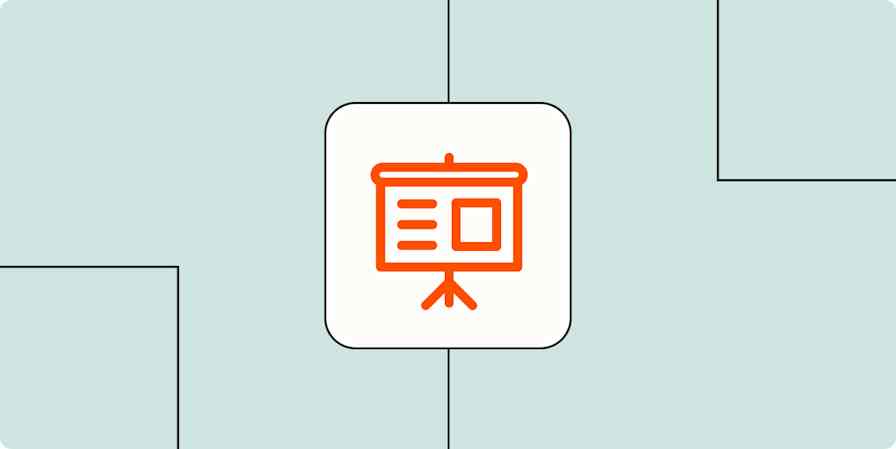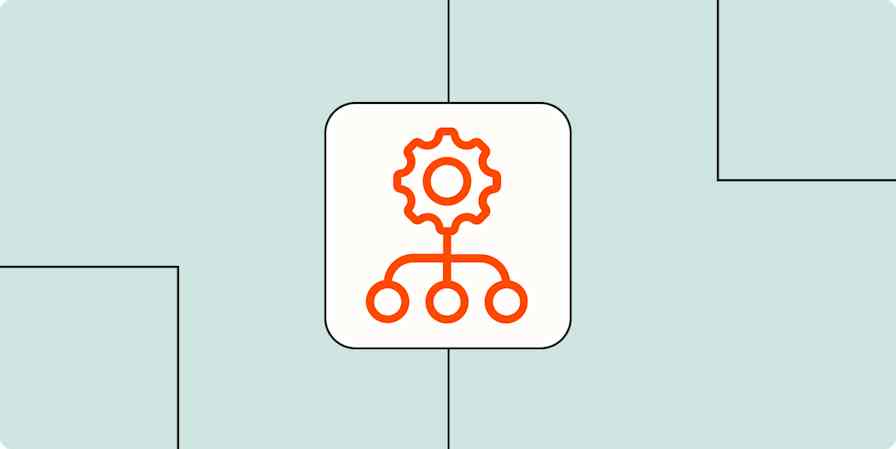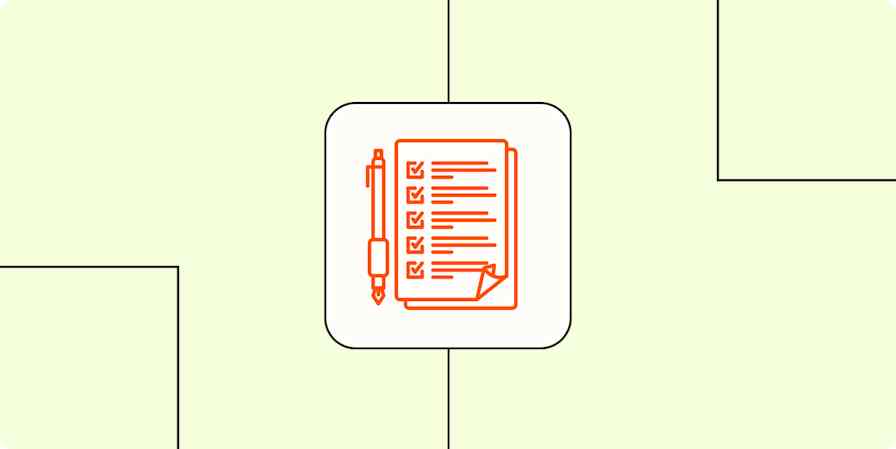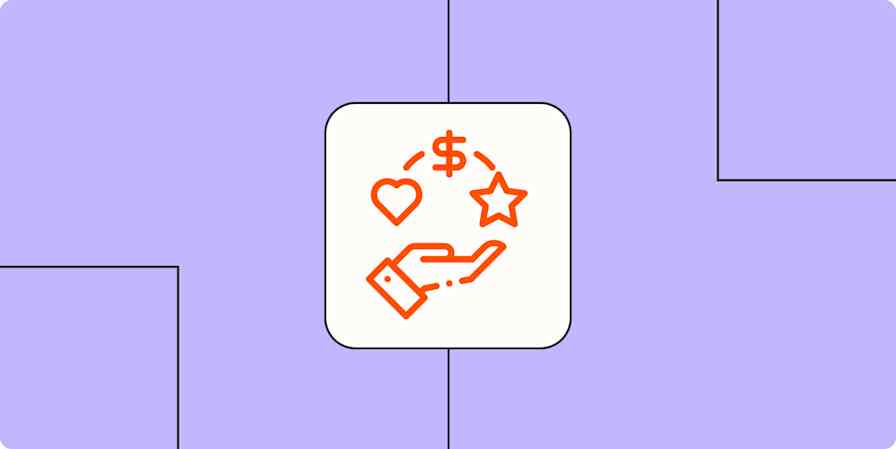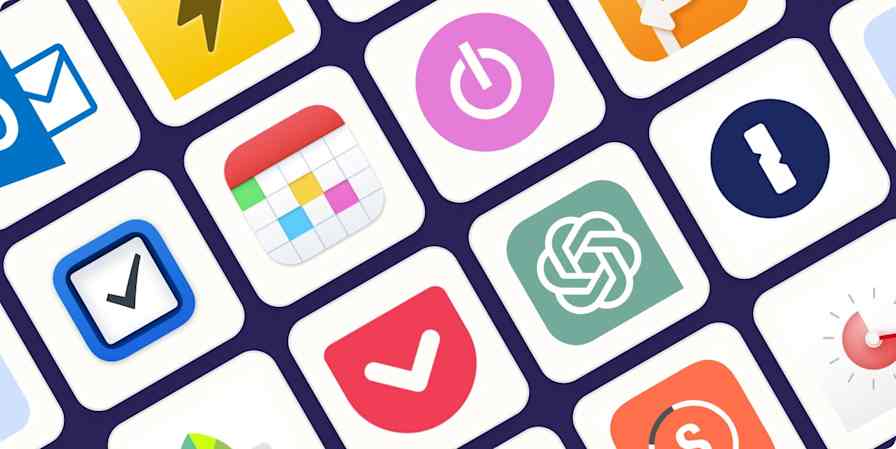Productivity tips
3 min readMore complicated isn't always better
What 1970s tractors can teach us about software
By Justin Pot · April 29, 2020

Get productivity tips delivered straight to your inbox
We’ll email you 1-3 times per week—and never share your information.
Related articles
Improve your productivity automatically. Use Zapier to get your apps working together.

